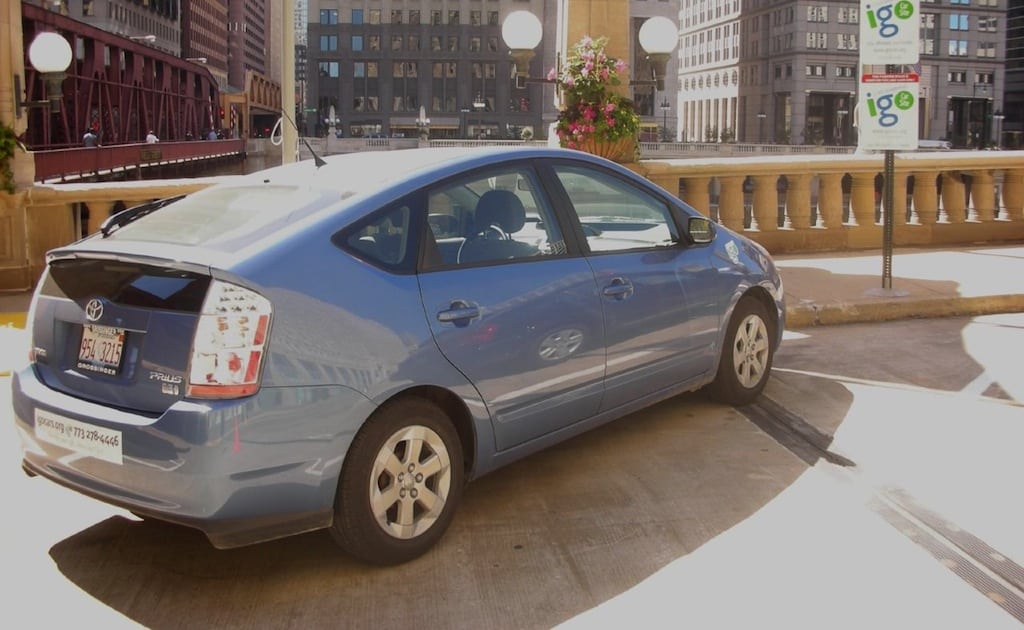Skift Take
If you are a car-rental company, you have to own a car-sharing division, as Enterprise has come to understand. The space is obviously turbo-charged and poised for growth.
Enterprise Holdings said Tuesday it will buy Chicago’s I-GO CarSharing, making the country’s largest car rental company the last to venture into the rapidly growing market.
Financial terms of the deal were not disclosed. The companies said in a statement it will close Tuesday.
I-GO, which was the first car-sharing service in Chicago, has more than 15,000 members and 200 locations in 40 neighborhoods across the city. It was established in 2002 through a pilot program of the non-profit Center for Neighborhood Technology.
Enterprise Holdings, based in St. Louis, owns the flagship Enterprise Rent-A-Car brand as well as National Car Rental and Alamo Rent A Car.
Car sharing has rapidly grown in popularity during the past decade, seen as a simpler alternative to traditional car rentals in cities or on college campuses. It allows users to take short trips of an hour or two, picking up a car from a nearby parking space, rather than trudging out to an airport or rental car location. Gas and insurance is also included with car sharing services — things traditional car rentals don’t.
Avis Budget earlier this year bought I-GO’s far-larger rival Zipcar for about $500 million. Zipcar had 775,000 members as of March, and serves 20 cities and 300 colleges. Avis Budget Group Inc. is the third-largest U.S. rental car company, behind Enterprise and Hertz Global Holdings Inc.
Hertz has its own car-sharing service is started in 2008 and in 2009 bought Eileo, a car sharing service based in Paris.
[email protected] — Twitter: @SamWillTrave ___
![]()
The Daily Newsletter
Our daily coverage of the global travel industry. Written by editors and analysts from across Skift’s brands.
Have a confidential tip for Skift? Get in touch
Tags: enterprise, zipcar
Photo credit: An I-GO CarSharing vehicle parked in Chicago's downtown. flickr.com
